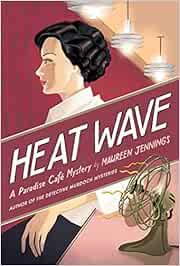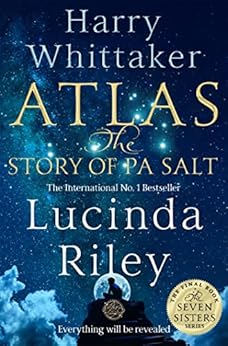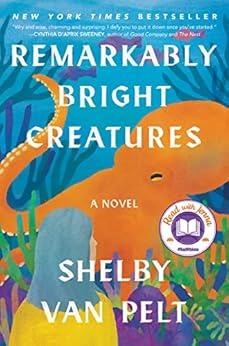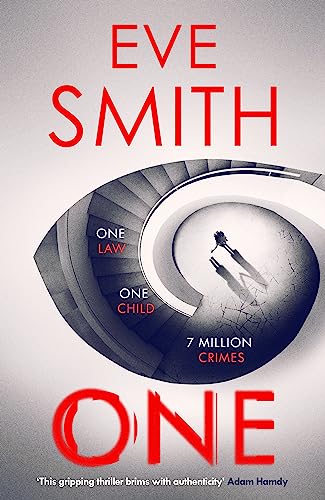3 Stars
The novel is set in 1936 in Toronto during a heat wave. The first of the Paradise Mystery series, it introduces Charlotte Frayne, a junior private investigator working for Thaddeus Gilmore.
The book opens with Mr. Gilmore receiving a letter calling him a “filthy Commie Jew” and an implicit death threat. Shortly afterwards his wife Ida is attacked in their home and Mr. Gilmore becomes the main suspect. Charlotte sets out to prove his innocence. At the same time, she is hired by Hilliard Taylor, one of the owners of the Paradise Café, to investigate why money is going missing. She goes undercover as a waitress to determine who is responsible for the thefts.
Charlotte is the narrator. She is very much a modern woman placed in a historical setting. She is loyal, independent, determined, compassionate, and eager to prove herself in a man’s world. Sometimes she comes across as too-good-to-be-true, a heroine coming to everyone’s rescue, even an overheated horse. The café owners are so impressed by her ability to solve their case when, in fact, a direct conversation amongst the owners would have solved the mystery.
I found the plotting so obvious, with several problematic elements. To find her boss’s home address, Charlotte opens the safe, instead of going directly to the city directory? This is just a clumsy device for her to find an important document. For someone who is a private investigator and so should know better, Mr. Gilmore behaves in ways that do not help his situation. Why would the woman who discovers Ida not use the Gilmore’s telephone and instead go to a neighbour? Chapters 4 – 6 have Charlotte talking to all the neighbours of the Gilmores; it seems a tactic to confuse the reader when in fact the guilty party is immediately obvious when first introduced. The entire Paradise Café case is a flimsy device to involve Charlotte; it could have been solved after one conversation amongst the four owners of the café. Why would a safe combination be kept where anyone could see it? Surely most people can memorize a simple combination! Again, this is just a device to unnecessarily complicate the case. Detective Jack Murdoch seems so willing to enlist the help of a civilian? It the sight of a uniform bothers a witness, why not send a policewoman in plain clothes to question that person instead of a civilian? How does the attacker know Mr. Gilmore’s secret?
The plot is slow with little intrigue or suspense. Instead, unnecessary elements seem to be added to distract the reader. For instance, the relationship between Charlotte’s grandfather and his femme fatale neighbour seems totally unnecessary. And it is resolved so quickly and easily. The suggestion of a romance for Charlotte is just annoying – again unnecessary. Why does there always have to be an ineffectual policeman with a stupid theory?
I did appreciate the historical aspects. The book touches on anti-Semitism and the fear of Communism, as well as the difficulties experienced by people because of the Depression. Certainly, the author has researched Toronto and has used that research well to detail locations within the city.
This book will undoubtedly appeal to fans of the Murdoch Mysteries whether in book form or on television. I find them much too obvious, preferring mysteries that are more subtle and challenging. I’d recommend the book for someone looking for a light, easy read in the vein of the Lane Winslow series by Iona Whishaw.







